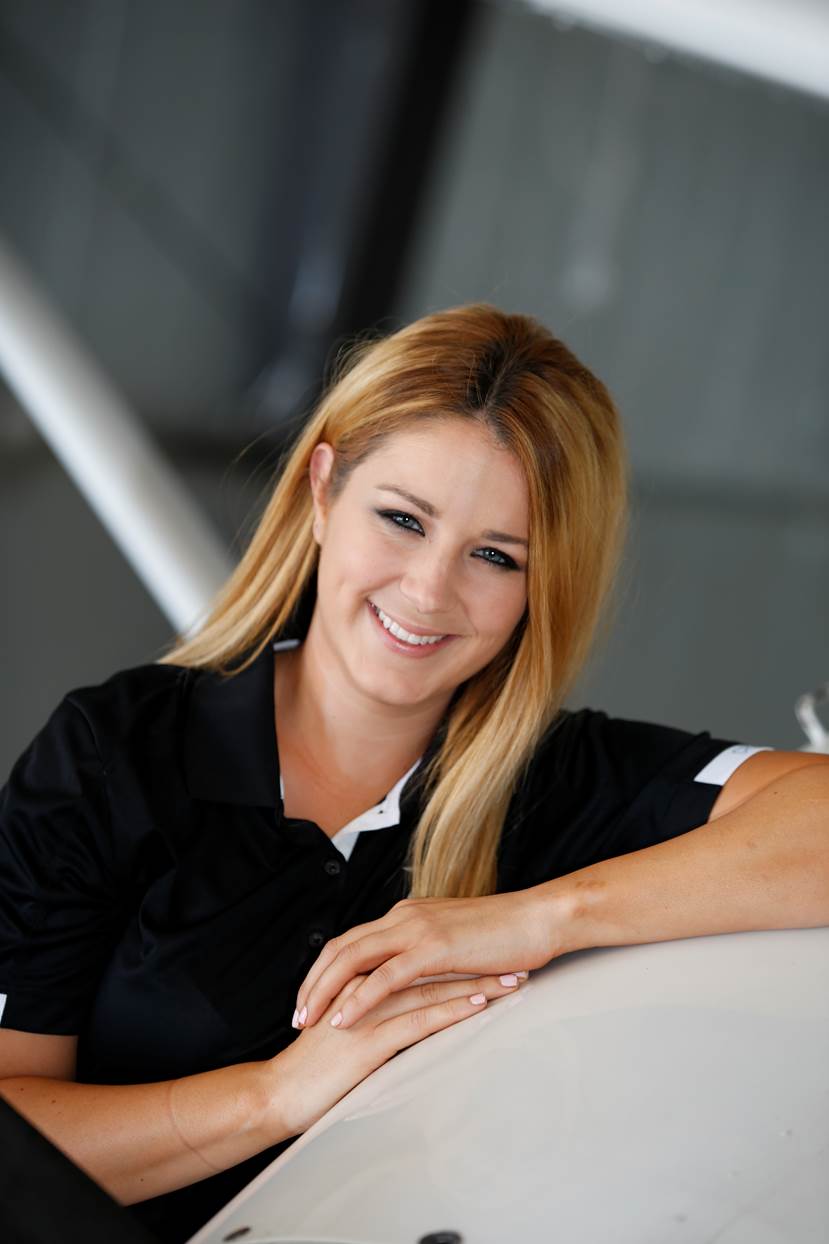TSA's alien flight student program gets the AOPA pat-down
AOPA comments on TSA’s interim final rule
AOPA expressed concerns with the Transportation Security Administration’s (TSA) Alien Flight Student Program (AFSP) in a June 12 letter to administrator David Pekoske. Cost prohibitive training requirements and ambiguity with TSA’s definition of flight school employees were among the issues AOPA called out in the letter.
Since its inception in 2004, the AFSP has mandated the screening of foreign flight training applicants and forced flight schools to undergo security awareness training. But the program has run into some major turbulence causing confusion among flight schools and applicants. This led the TSA to solicit comments from the public on ways to modify the program. Having served as a member of the Aviation Security Advisory Committee, AOPA happily obliged.
As it currently stands, the TSA requires candidates to be vetted before each training event and requires candidates to reapply to the AFSP if they ever change flight schools—a common practice in today’s industry. AOPA believes shifting to a time-based event where the STA requirements are upheld every few years would be more beneficial without compromising safety. Once vetted, the security level of the candidate is unlikely to change over a short period, and the candidate should be allowed to continue training regardless of the rating or certificate being sought.
Burdensome regulations like the required STA training are costing flight schools and the industry millions of dollars. There’s a significant loss of revenue for the time CFIs are forced to undergo training instead of providing flight training to students. Assuming it takes two hours for the STA and fingerprinting process, initial compliance alone amounts to nearly $25 million across the industry, AOPA stated in the letter.
And flight training schools can’t afford to lose any more instructors. According to a recent Government Accountability Office report, collegiate flight schools are having trouble recruiting and retaining flight instructors as well as students despite the growing demand for pilots.
But it appears it’s not just a lack of instructors. The University of North Dakota assessed the flight training industry in 2012 and found that 45 percent of commercial certificate written tests were taken by foreign citizens. Finding ways to reduce the onerous regulations would help streamline the vetting process.
AOPA also took issue with exemptions for green card holders, as they undergo extensive background checks and should be considered far less of a risk given the process they must go through. AOPA has been working this issue with the TSA for years as the association has heard from many of the more than 82,000 existing pilots who are resident aliens and believe the rule’s background check requirement is redundant and unnecessary.
“This Interim Final Rule impacts U.S. citizens, resident aliens, and the entire flight training community,” said AOPA Director of Aviation Security Nobuyo Sakata. “While there is no exemption to compromising security, risk-based approaches need to take precedent to improve the rules. AOPA fully supports TSA’s efforts to modify its program and appreciates the opportunity to provide feedback as it has a sound effect on general aviation.”



